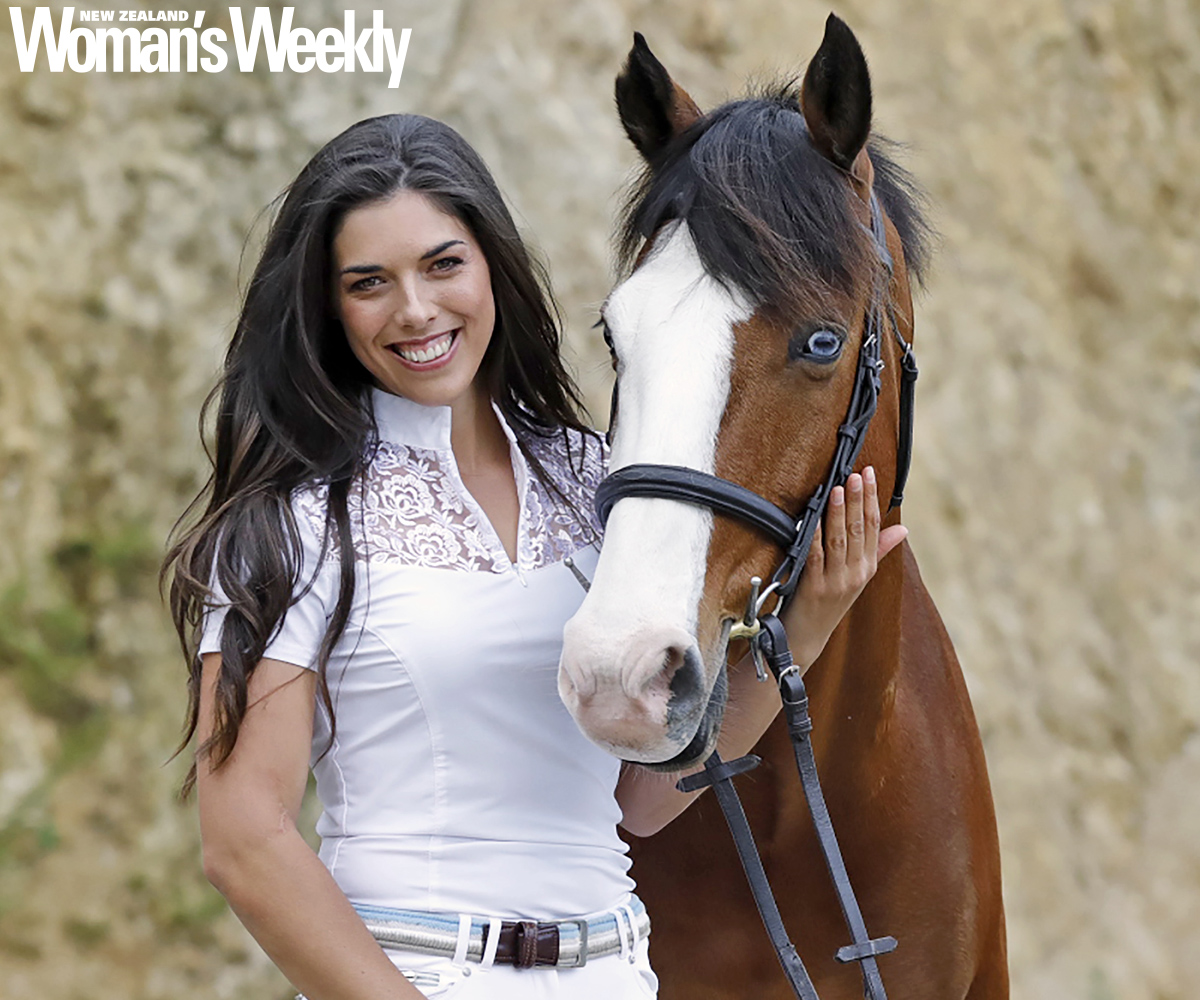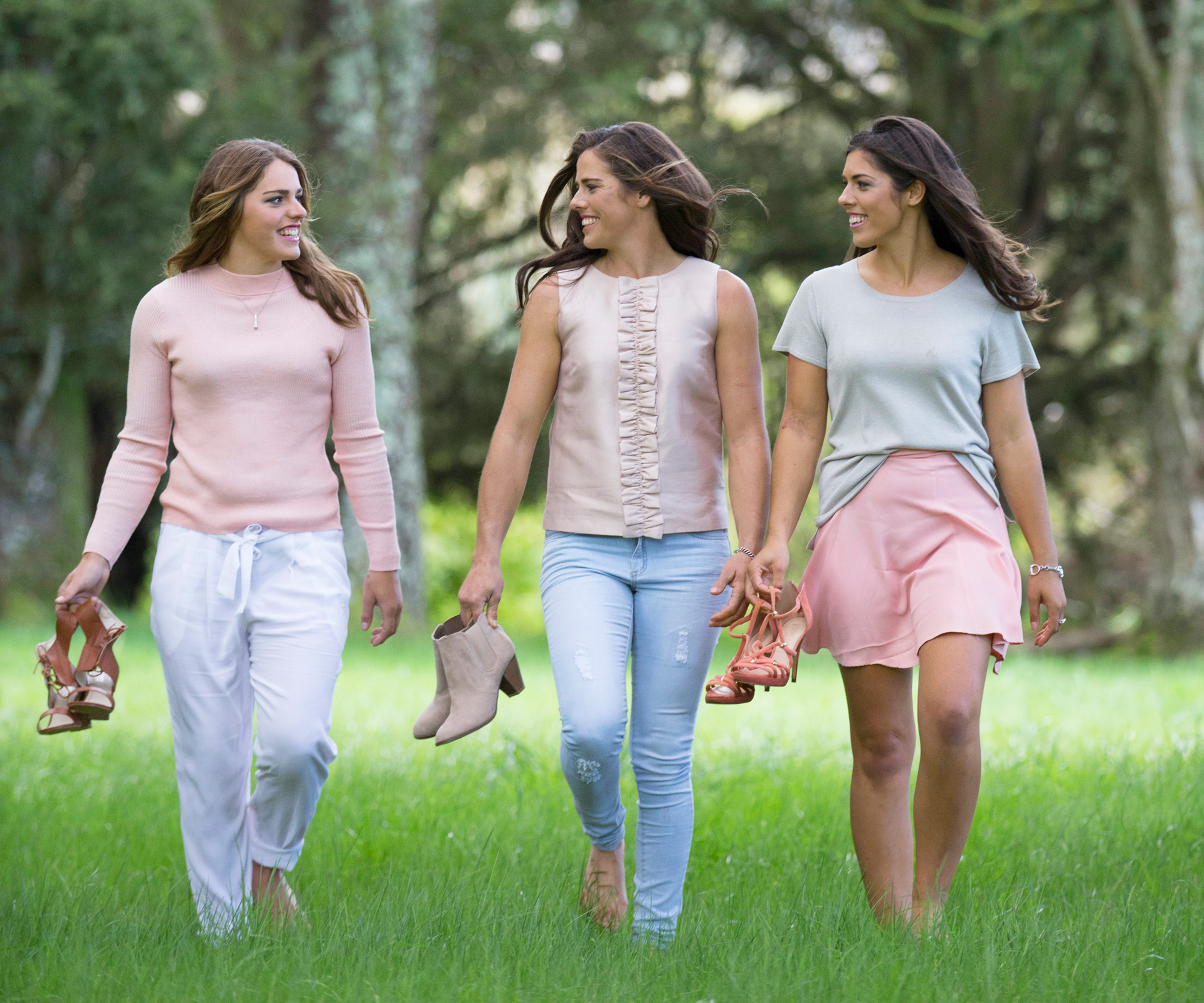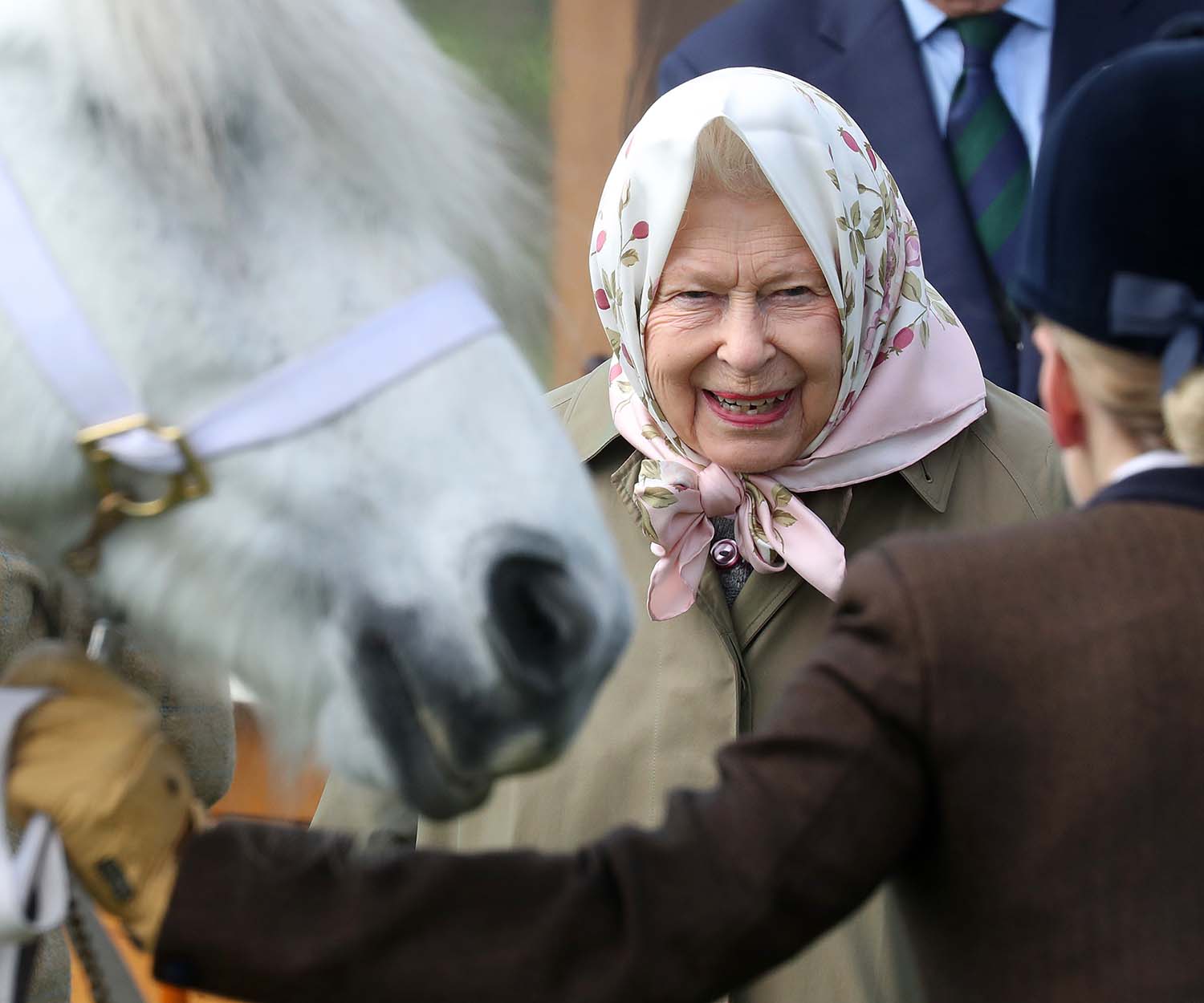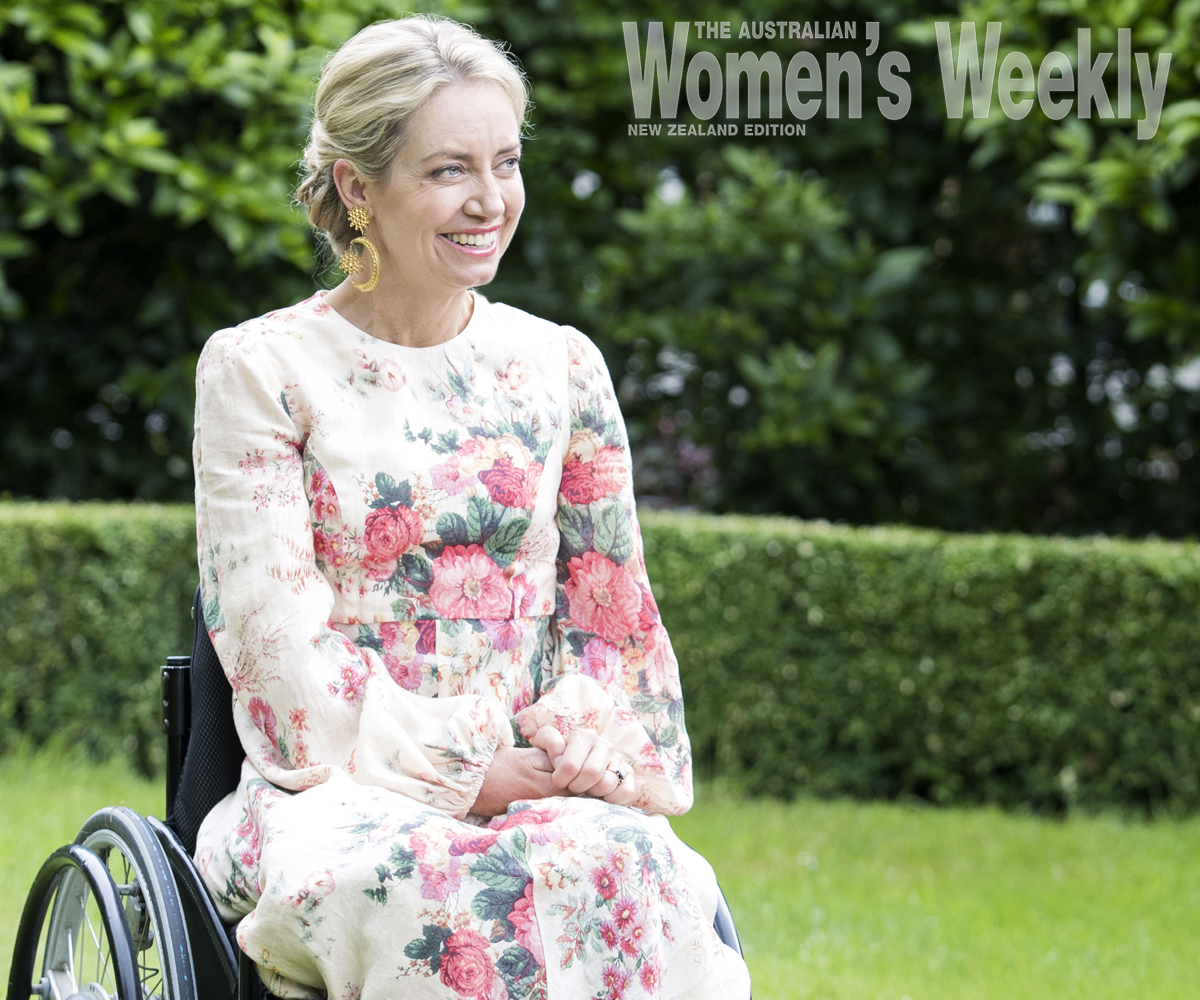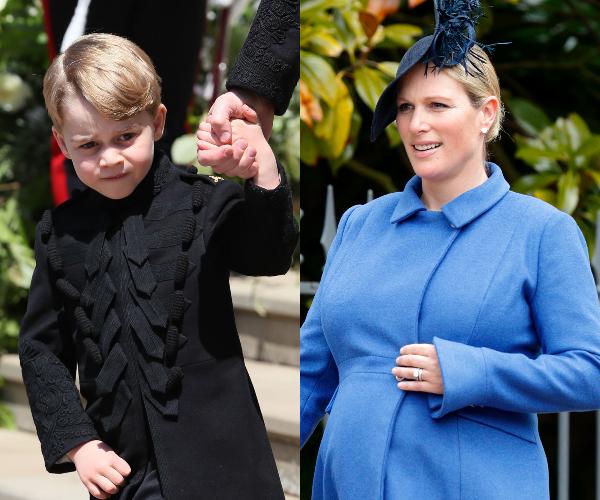One evening in late July, Kelly Wilson spontaneously decided to paint the most influential horse of her life, Concord.
She had saved the wild, blond-dreadlocked stallion during the 2018 Kaimanawa muster. As she picked up her paintbrush, she had no inkling that the next day she’d be saying a devastating goodbye to him.
Sadly, Concord had to be put down, suffering from colic. He was eight years old.
While every horse Kelly has trained has taught her something profound, there’s been none more so than Concord, the only horse she didn’t think had a chance of enjoying domestication but became “phenomenal”.
“He revolutionised how I tame and train horses,” says Kelly (30) who, along with sisters Vicki and Amanda, starred in the top-rating TV show Keeping Up with the Kaimanawas.

Kelly adored Concord, who she captured on canvas.
“So much empathy and patience was required with him,” she tells the Weekly from their family-run farm and stables in Hūkerenui, Northland.
“Horses instinctively have a fight, flight or freeze response when faced with stressful situations, but Concord’s flight response was so heightened, I had to learn the most refined art of timing, feel and reading body language so he was able to feel safe and progress.
“He wasn’t trying to be difficult on purpose. He was just genuinely overwhelmed by the human world.
“So focusing on empathy, patience and relaxation are the most important skills Concord taught me, which I’m now using on a daily basis working with wild horses in the yards.”
And do those qualities help her deal with people as well?
“Yes, absolutely!” says Kelly, whose new book Taming the Wild shares these life lessons and is a how-to guide for everyday people training their own horse.
“We have a saying: ‘To create happy horses, search for the solutions rather than punish the symptoms.’ That’s the key lesson we transfer to people. If kids are acting out, or people are behaving poorly, it’s often because of underlying trauma.
“I’ve learned not to take actions or words at face value, but rather try to find the root cause and deal with it.”

Kelly with Showtym Sinatra, her show jumping horse.
During the taming process, one of the biggest challenges wild horses face is leaving behind everything they’ve known and learning to embrace change. It’s something Kelly can relate to.
“Like some of my horses, I used to be terrified of trying new things,” she admits, insisting she’s the last person anyone would have expected to spend her winters taming wild horses, hosting workshops for owners, and adventuring around the world to photograph these exquisite creatures.
Back in 2012, when the sisters’ journey domesticating mustered Kaimanawas began, Kelly – who then worked as a graphic designer – had no idea where her affinity for wild horses would take her.
Now, alongside a long list of bestselling books, she has the distinction of being the only trainer in the world to achieve top-six finishes in the Extreme Mustang Makeover in the US, the Kaimanawa Stallion Challenge and the Australian Brumby Challenge.

Spend time chatting with the adrenaline junkie or scroll through her social media photos and it quickly becomes clear Kelly thrives on adventure.
At 18, she created a to-do list of 100 experiences to help her become more fearless, and it has since tripled in length.
To conquer an issue with heights, she did a skydive, and she’s since done wing walking (standing on the roof of a biplane as it flies). She’s also tackled ice climbing in Alaska and crossed the Gobi Desert on a camel.
Kelly credits much of her success taming wild horses to learning to face her fears head-on and being open to trying new things.
“I’m constantly evolving as both a person and as a horse trainer, and while I’m the best I’ve ever been, I also know I’m not the best I can be. I’m excited to see where life takes me.”
Growing up, the Wilson girls learned to make do with what they had and often competed bareback or in patched clothing and saddlery without thinking twice about it.
“Our parents couldn’t afford to buy us well-trained ponies, or pay instructors to mentor us, so the horses became our teachers.”

With her horse-loving sisters, Vicki (left) and Amanda.
She was just seven when her parents, John and Heather, bought their daughters five unhandled Welsh ponies from a nearby mountain in Hikurangi for $50 each.
Thrown in the deep end, the girls rose to the challenge, learning to tame them by trial and error.
“At the time, we couldn’t afford to buy hay, so we would take our wheelbarrows and cut grass from the roadside to feed them, until they were safe enough to put out in paddocks.
“We’re living proof that by following your passions and working hard, you can rise above your financial and social circumstances. But it hasn’t always been easy. Our childhood was truly humbling and if we’d let pride or vanity dictate what we did or didn’t do, I’m sure we would have given up riding a long time ago.”
Also humbling, she adds, has been seeing how the public have embraced the Kaimanawa horses since the sisters began helping to raise awareness of their plight seven years ago.
“Back then, the majority were going to slaughter – watching those slaughter trucks drive away was truly heartbreaking – but since our television show, every horse suitable to be rehomed has been saved.”
With just six months until the 2020 Kaimanawa Horse Muster, where an expected 100 horses will be mustered, Kelly is already focused on how she can help save as many from slaughter as possible.
“These horses deserve a second chance at life,” she insists.
